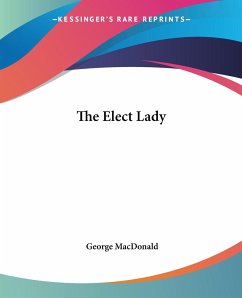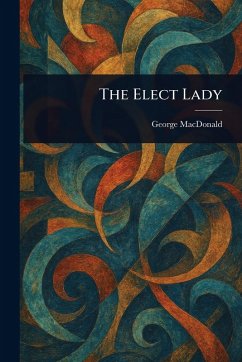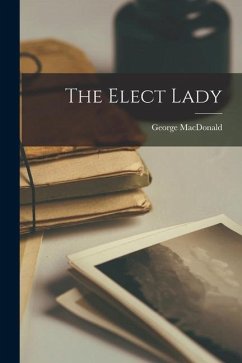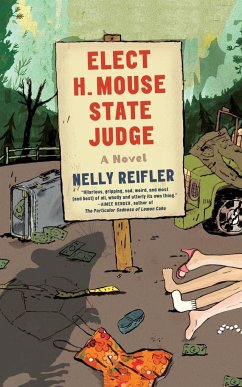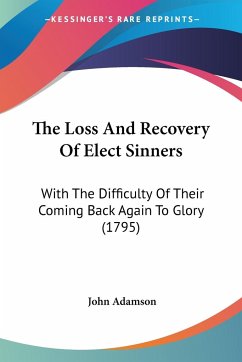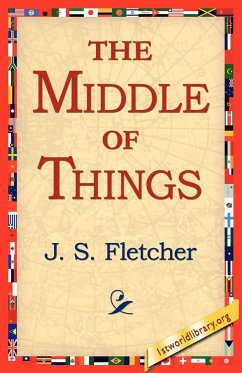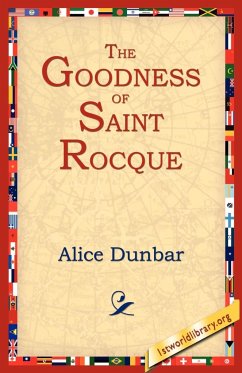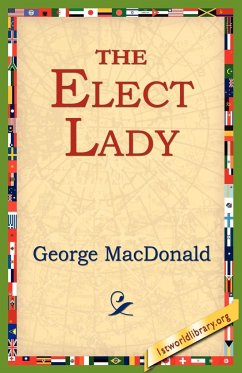
The Elect Lady
Versandkostenfrei!
Versandfertig in 1-2 Wochen
17,99 €
inkl. MwSt.

PAYBACK Punkte
9 °P sammeln!
Purchase one of 1st World Library's Classic Books and help support our free internet library of downloadable eBooks. Visit us online at www.1stWorldLibrary.ORG - - In a kitchen of moderate size, flagged with slate, humble in its appointments, yet looking scarcely that of a farmhouse - for there were utensils about it indicating necessities more artificial than usually grow upon a farm - with the corner of a white deal table between them, sat two young people evidently diffe-rent in rank, and meeting upon no level of friendship. The young woman held in her hand a paper, which seemed the subject...
Purchase one of 1st World Library's Classic Books and help support our free internet library of downloadable eBooks. Visit us online at www.1stWorldLibrary.ORG - - In a kitchen of moderate size, flagged with slate, humble in its appointments, yet looking scarcely that of a farmhouse - for there were utensils about it indicating necessities more artificial than usually grow upon a farm - with the corner of a white deal table between them, sat two young people evidently diffe-rent in rank, and meeting upon no level of friendship. The young woman held in her hand a paper, which seemed the subject of their conversation. She was about four - or five-and-twenty, well grown and not ungraceful, with dark hair, dark hazel eyes, and rather large, handsome features, full of intelligence, but a little hard, and not a little regnant - as such features must be, except after prolonged influence of a heart potent in self-subjugation. As to her social expression, it was a mingling of the gentlewoman of education, and the farmer's daughter supreme over the household and its share in the labor of production. As to the young man, it would have required a deeper-seeing eye than falls to the lot of most observers, not to take him for a weaker nature than the young woman; and the deference he showed her as the superior, would have enhanced the difficulty of a true judgment.





